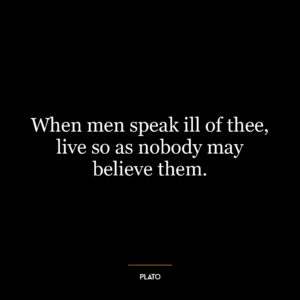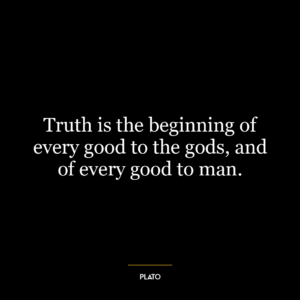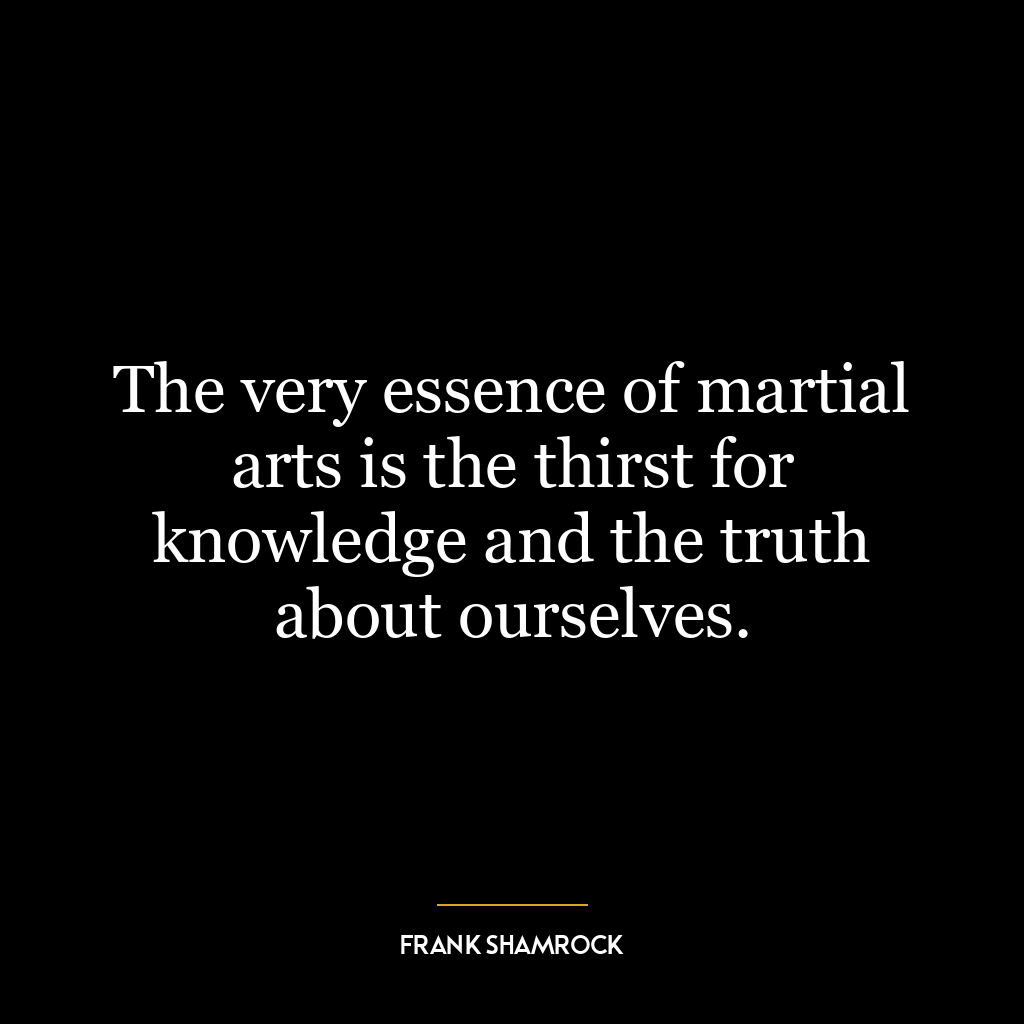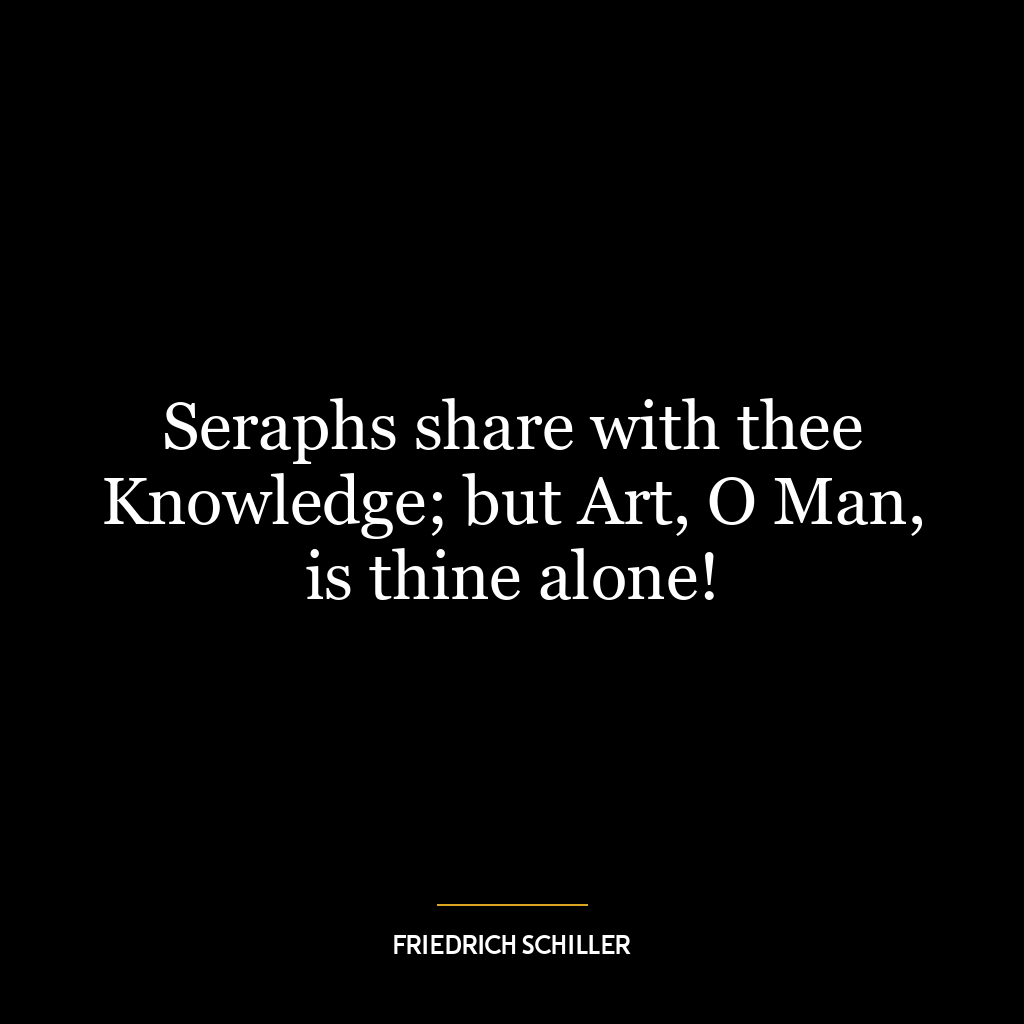The greater part of instruction is being reminded of things you already know.
This quote suggests that a significant portion of learning is not about absorbing new information, but rather about recalling or being reminded of information we already possess. We often have innate knowledge or wisdom that gets buried under the weight of our day-to-day experiences. The process of instruction, then, is less about imparting new knowledge and more about bringing to the surface that which we have forgotten or overlooked.
This concept can be likened to the process of sculpting. A sculptor does not add material to create a form; instead, they chip away at the existing block to reveal the shape within. Similarly, the role of a teacher or mentor is often to help us remove the layers of confusion, misunderstanding, or forgetfulness that prevent us from accessing the knowledge we already have.
In today’s world, the idea can be applied in various contexts. In education, for instance, it could encourage educators to shift their focus from rote memorization to facilitating a deeper understanding and recall of innate knowledge. This might involve more interactive and dynamic teaching methods that engage students’ existing knowledge and experiences.
In terms of personal development, it suggests that we already possess much of the wisdom and understanding we need to grow and progress. Our task is not so much to seek out new knowledge, but to reflect on our experiences and insights, to remember what we have learned from them, and to apply that knowledge in our lives. This could involve practices such as mindfulness, meditation, or journaling, which encourage introspection and self-awareness.
Furthermore, this quote may also imply that we should be patient with ourselves when learning or trying to understand something new. Sometimes, it’s not about struggling to grasp an entirely new concept, but about waiting for the moment when everything clicks into place because it connects with something we already knew, albeit subconsciously.










